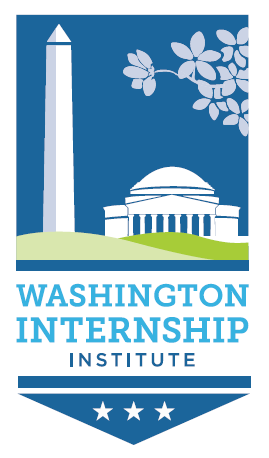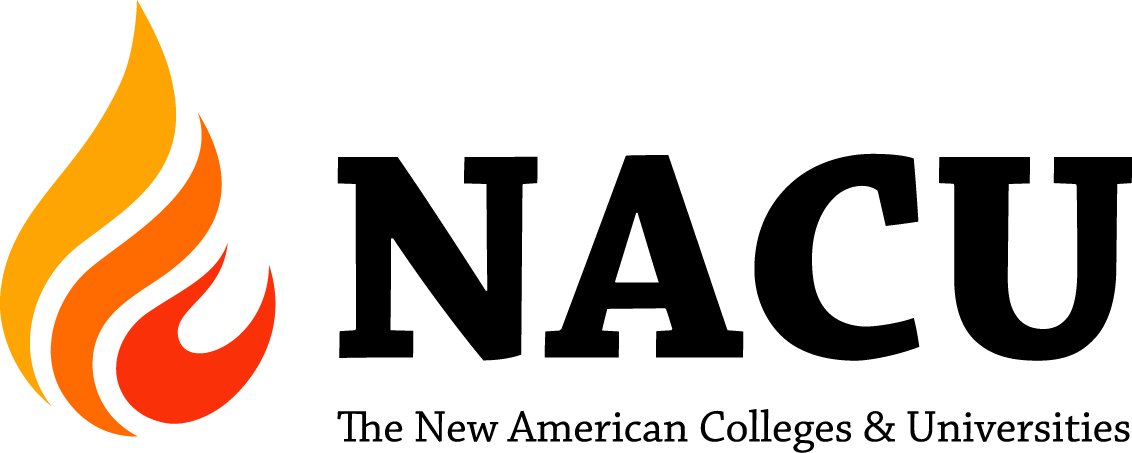The Changing Face of Higher Education
/Last week I had a fabulous opportunity to attend an event hosted by AtlanticLive, the premier event planning arm of The Atlantic magazine. “The Changing Face of Higher Education” was sponsored by the Bill & Melinda Gates and the Lumina Foundations. After a welcome from Margaret Low, President of AtlanticLIVE, and Danette Howard, Chief Strategy Officer and SVP of Lumina, we heard from Congressman John Kline, who told us, among other things in his “View from Washington,” about the bipartisan support to simplify the FAFSA -- how exciting for students and families!
A panel of experts included Sarita Brown, President of Excelencia in Education, Cheryl Oldham, VP Education Policy for the US Chamber of Commerce, Scott Ralls, President of Northern Virginia Community College and Michael Sorrell, the President of Paul Quinn College in Dallas, TX. President Sorrell shared his story for how his college has become responsive to the real needs of their students. He described the new urban college model as including servant leadership + entrepreneurship + experiential learning! What an inspiring man!
Next, an innovative model from the Universities at Shady Grove in Montgomery County, Maryland was shared. This entity provides an alternate location for coursework for students who are enrolled at nine different universities in Maryland! These students can earn their degrees from their individual universities while “attending” classes close to home. Shady Grove provides a full campus life and even internship opportunities for students from all 9 institutions.
Closing remarks were made by Dan Greenstein, Director of Post secondary success at the Gates Foundation. Overall takeaways from this event? Higher education must design models of education delivery that incorporate the realities of today’s college students, who increasingly tend to be adults, work, and have families. We also need to think differently about how we prepare our graduates for the workforce, and be more intentional about helping students make the connections between what they learn in class with the skills and attributes needed by employers (Things we in career development and experiential education have been saying for a long time). It was gratifying to see so many influential leaders coming together around the need for higher education to be more responsive and adapt to make today’s higher education more relevant to and valuable for today’s students.
Marianna Savoca, PhD., Director of the Career Center at Stony Brook University–State University of New York, is a Faculty Fellow this semester at the Business-Higher Education Forum.


